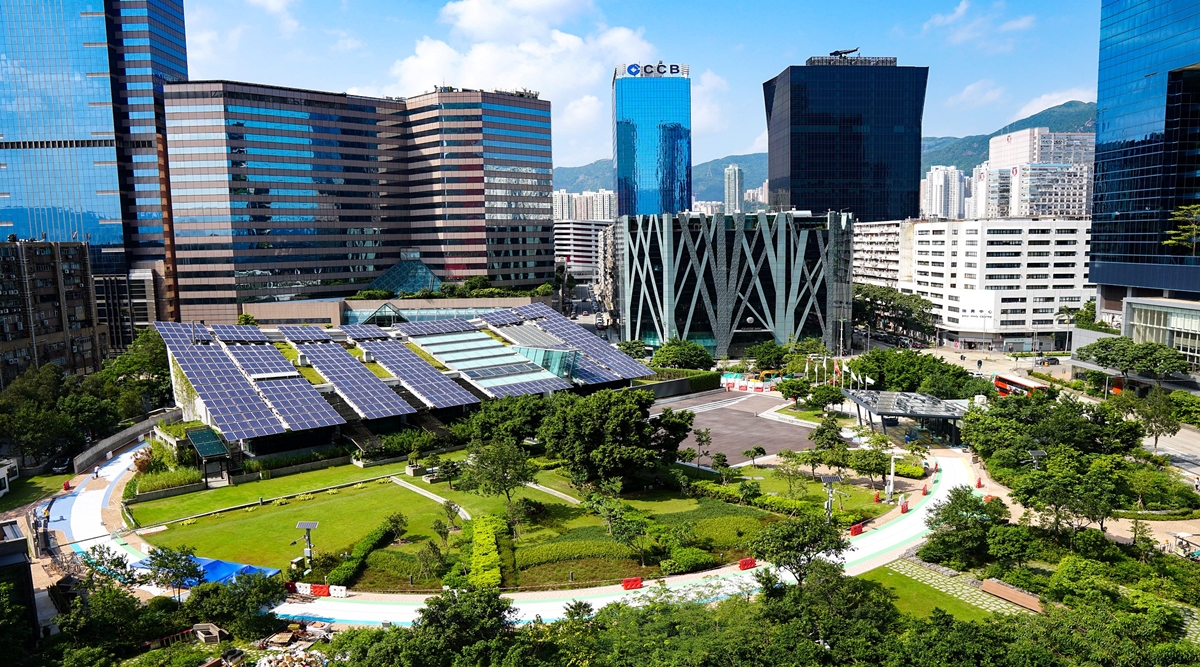
By Lloyd Mathias
Customer is the king in the world of business. And when the king demands a change, businesses have no option but to change. Coming close on heels of investor activism which has pushed companies to adopt sustainable practices is rise of the climate-conscious consumer. This is jolting brands out of their comfort zone and almost all big brands are today seeking innovative ways to position themselves as climate friendly.
There is data supporting this shift. According to a study by GfK, 53% of American consumers were more concerned about the environment in 2021 than the previous year. The figure was even higher (60%) among consumers in the 18-35 age group, indicating that younger consumers are leading the change. And this change is not limited to certain geographies. Deloitte’s Global Automotive Consumer Study 2022 suggests that 59% of Indian consumers are concerned about climate change, pollution levels and vehicle emissions. Consequently, more than one-third of them express interest in electric vehicles.
Unfortunately, a climate response strategy is reactive by its inherent design. Still, it provides a starting point to brands embracing sustainability. For instance, Amazon has a dedicated hub called the Amazon Sustainability Data Initiative that helps researchers and innovators overcome key obstacles in analysing valuable data on the subject. Similarly, Google has signed contracts with companies in the United States, Sweden, Chile, and other countries with the intent of running operations fully on green energy by 2025.
What businesses today need is a climate centric strategy. Instead of retrofitting sustainability into their brand agenda, enterprises need to build business operations with climate commitment as the north star. By offering alternatives, businesses can help to nudge people towards more sustainable behaviours. Smart businesses are recognizing this.
A great Indian example is ITC. On the back of its triple bottom-line business strategy, ITC has been water, carbon and solid waste recycling positive for over a decade now. Recognising the imperatives of the new normal ITC’s Chairman, Sanjiv Puri, has been working on the vision of ‘Sustainability 2.0’, under which it will draw innovative strategies to not only combat the challenges of climate change, but also address the critical necessity to support livelihoods in the post-pandemic world.
The company is undertaking extensive decarbonisation programmes through an increase in the use of renewable energy and construction of green buildings. It is also working in the areas of water and biodiversity and is taking steps to create an effective circular economy for post-consumer packaging waste. In the agriculture space, ITC’s ‘Baareh Mahine Hariyali’ (greenery for all 12 months) programme emphasises on using modern-day technology and methods in farming. It focuses on changing the crop cycle — growing three instead of two traditional crops a year — with help from technology and switching to suitable varieties of seeds. The company provides internet access to farmers at the grassroots and passes on the required information online. The programme beneficiaries have claimed that their incomes have increased by two to 20 times.
We need companies which go beyond the boundaries of their operations to catalyse the entire ecosystem of climate sensitivity. Vedanta, a diversified natural resources company operating in the B2B space, has been dedicated towards the sustainable development of communities living around its operational areas. In 2021, Vedanta’s Aluminium business became India’s largest industrial consumer of renewable energy, leading clean energy procurement on the Indian Energy Exchange and the Power Exchange India Limited.
The company procured about 2 billion units of renewable energy for consumption at its aluminium smelter in Odisha, reducing greenhouse gas emissions by more than 1540 KtCO2e (kilo tonnes of CO2 equivalent). In line with the group’s larger commitment, Vedanta Aluminium has produced a new product of aluminium which is made using green energy. This will position India as a hub of sustainable commodities in the global sphere.
Demonstrating a holistic approach to mine closure planning, Vedanta Sesa Goa Iron Ore reclaimed Sanquelim mines much before the statutory guidelines on mine closure came into force in the 1980s. The company undertook massive afforestation on the reclaimed mine to convert it into a rich biodiversity park, which currently houses a special school to impart technical skill training to the youth, to make them industry ready.
While we are justifiably quick to pick on businesses that harm the environment, we often tend glide over the one’s that do offer alternatives and move to more sustainable practices. This not only puts the spotlight on the businesses doing their bit but also serve as a best practice emulation for other businesses. Sustainable brands are here to stay. While it is encouraging to see brands responding to consumer sentiments on sustainability with impactful initiatives, adopting a more holistic approach will be even better. Perhaps they can learn from each other.
(The author is a Business Strategist and Angel Investor. Views expressed are personal and do not reflect the official position or policy of Financial Express Online.)
For all the latest Life Style News Click Here
For the latest news and updates, follow us on Google News.
